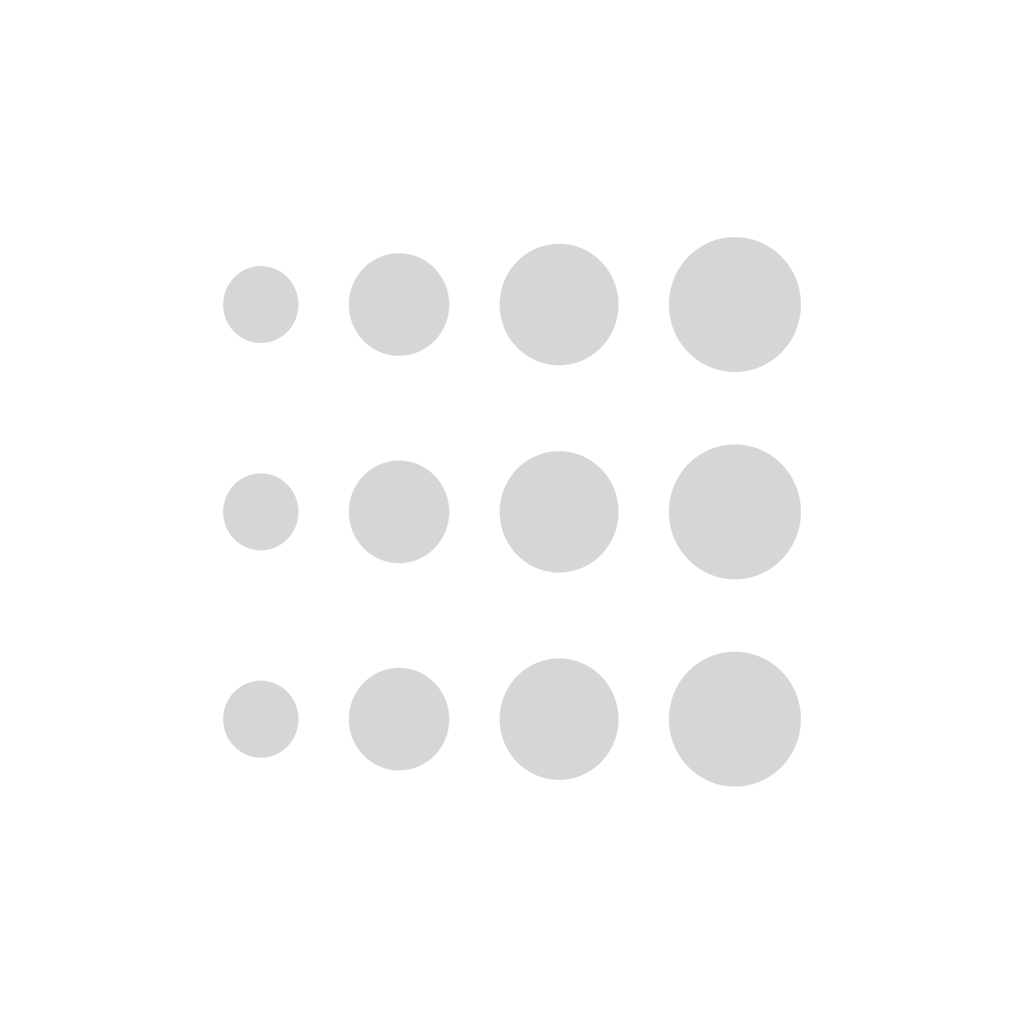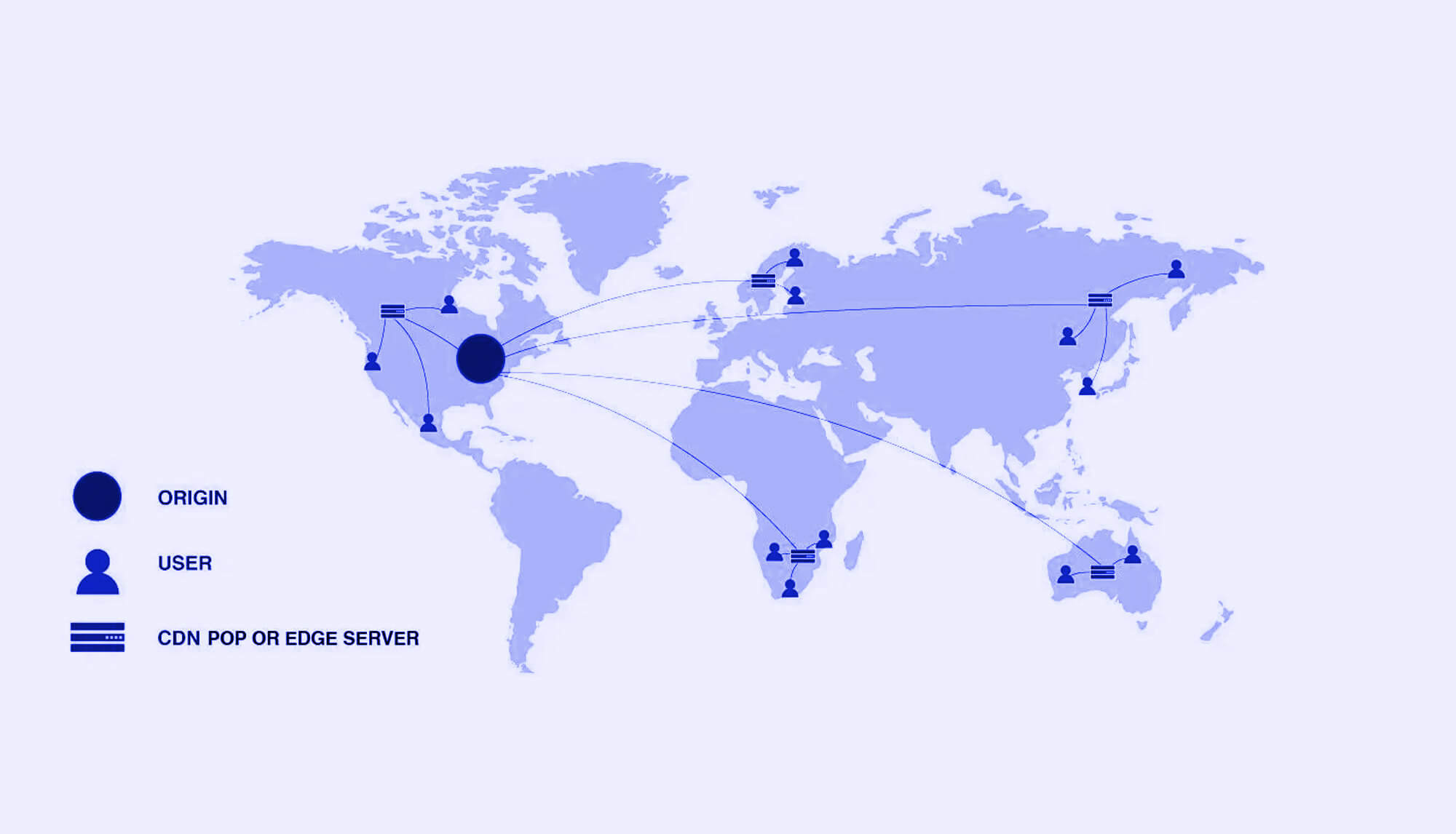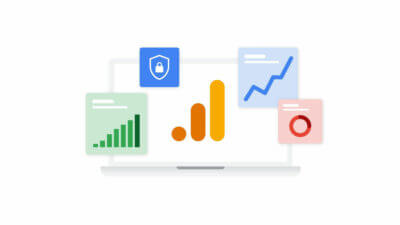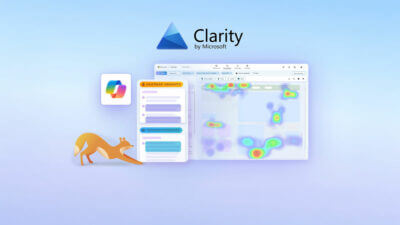In recent years, artificial intelligence has become an integral part of our lives. From voice assistants to chatbots, AI-powered tools have transformed the way we interact with technology. One such tool that has gained immense popularity is ChatGPT.
ChatGPT is a large language model developed by OpenAI. It uses machine learning algorithms to understand natural language inputs and generate responses in a conversational format. ChatGPT has quickly become a popular tool due to its ability to understand and respond to complex questions and generate human-like responses.
Since its inception, ChatGPT has been used in multiple ways, making it a versatile tool for various industries. Let’s take a closer look at some of the ways ChatGPT is being used:
- Customer Support
ChatGPT has revolutionized the customer support industry. With the ability to understand natural language, ChatGPT can interact with customers in a conversational format, making the process more engaging and effective. ChatGPT can handle a large volume of customer queries simultaneously, and its response time is significantly faster than human agents.
Moreover, ChatGPT is available 24/7, which means customers can get their queries answered at any time of the day. This is particularly useful for businesses that operate in different time zones. ChatGPT can also be used to automate certain tasks, such as updating account information or processing refunds.
- Personal Assistant
ChatGPT can be used as a virtual personal assistant, helping users manage their daily tasks and providing personalized recommendations. ChatGPT can perform tasks such as scheduling appointments, setting reminders, sending emails, and even booking flights or hotels.
Moreover, ChatGPT can provide users with personalized recommendations based on their preferences. For example, ChatGPT can suggest restaurants, movies, or books based on a user’s previous choices. This makes ChatGPT a useful tool for people who lead busy lives and want to save time on mundane tasks.
- Education
ChatGPT can be used in the education sector to provide personalized learning experiences. It can answer questions, provide feedback on assignments, and even create quizzes to test knowledge. ChatGPT can also be used to provide tutoring services, especially in subjects like mathematics or science, where students may need additional assistance.
Moreover, ChatGPT can be used to provide language learning services. It can engage in conversations with students, correct their mistakes, and provide feedback on their pronunciation. This makes ChatGPT a useful tool for students who want to improve their language skills in a conversational format.
- Healthcare
ChatGPT can be used in the healthcare industry to provide medical advice and assistance. It can answer questions about symptoms and provide guidance on treatment options. This is particularly useful for patients who are unable to visit a doctor or for those who want a second opinion.
Moreover, ChatGPT can be used to provide mental health support services. It can engage in conversations with patients, offer coping strategies, and provide support for those dealing with mental health issues.
ChatGPT’s versatility has made it a popular tool across various industries. Its ability to understand natural language and generate human-like responses has revolutionized the way we communicate with technology. However, there are certain limitations to ChatGPT that need to be addressed.
Firstly, ChatGPT’s responses are based on the data it has been trained on. This means that its responses may be biased or inaccurate, especially when dealing with sensitive topics like mental health or politics. Secondly, ChatGPT may not be able to understand complex queries or sarcasm, which can lead to misinterpretation of the query.
To address these limitations, ChatGPT needs to be constantly updated and trained on new data. This will help it provide more accurate and unbiased responses. Moreover, ChatGPT needs to be integrated with other
Note: This article was generated in ChatGPT





